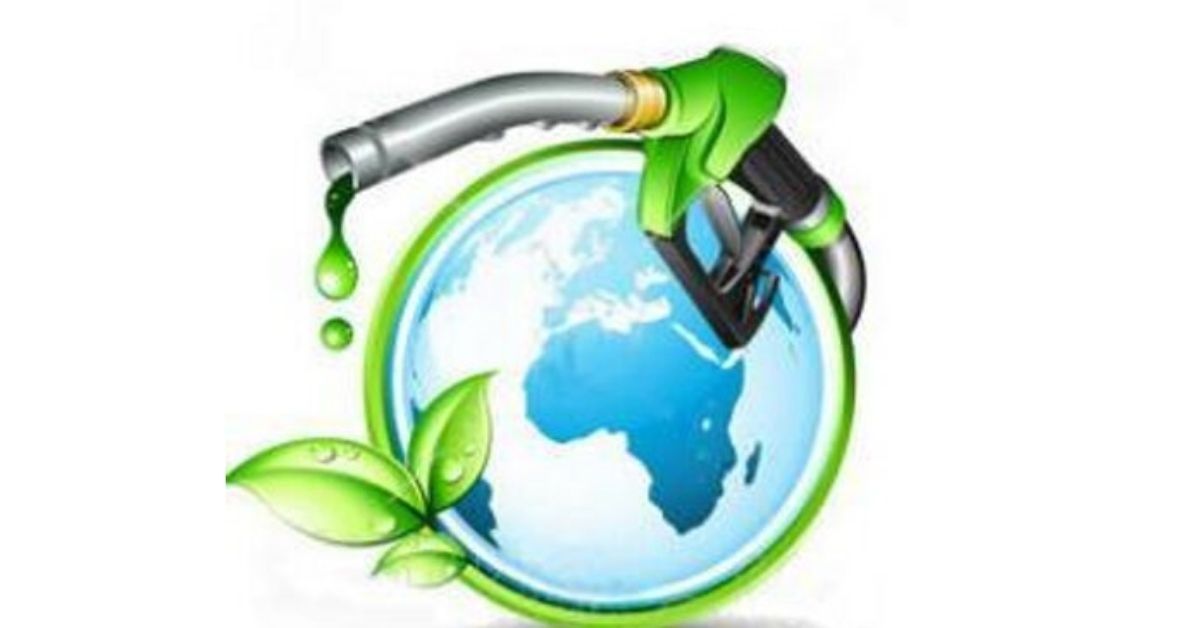MSC and Eastern Pacific are both embarking on new tests for biofuels as the shipping industry continues to look for near-term alternatives to help with their efforts to reduce carbon emissions. Biofuels continue to draw the attention of the shipping industry after numerous tests have shown the success at operating on the blends with little or no changes required to engines.
MSC, which has the largest containership fleet and one of the youngest fleets, has tested biofuels within its operations. Among their efforts was a previous demonstration of fuels developed using a blending technology from Quadrise Fuels International and the companies have now agreed to proceed with further testing of the fuels.
Under a new agreement between Quadrise and MSC Shipmanagement Limited of Cyprus, the in-house management company for MSC’s containership fleet, they will proceed with proof-of-concept tests and subsequent operational trials. Assuming success, MSC will seek approval from the engine manufacturers and working with Quadrise will develop a commercial supply of the fuel for its fleet. The companies will also continue discussions with other engine suppliers to investigate the testing of the fuels.
Quadrise has developed an enhanced emulsified synthetic heavy fuel oil that it calls MSAR (Multiphase Superfine Atomised Residue) which it says contains approximately 30 percent water and less than 1 percent chemicals. The company says its technology enables refiners to produce fuel from “the bottom of the barrel,” to create a low viscosity synthetic HFO. The bioMSAR version is a blending that includes glycerine. They report that the glycerine mix can be tailored to future CO2 reduction requirements and that by adding 40 percent renewable glycerine they achieve over a 25 percent reduction in carbon dioxide emissions.
In each of the proof-of-concept tests, approximately 1,000 metric tons of fuel will be used aboard an MSC containership with a 69MW 2-stroke engine to confirm engine performance. Quadrise anticipates selling MSC 25,000 MT for the trials. The tests will commence no later than December 31, 2022, and in the second phase, they will conduct operational trials to provide commercial operating experience. The companies plan to seek Letters of No Objection from the engine manufacturer at both the interim and final stage of tests of MSAR and bioMSAR lasting approximately 4,000 operating hours.
While MSC is testing these fuel alternatives, Singapore-based Eastern Pacific Shipping also announced plans for its biofuel tests. Aboard one of its vessels, they will bunker with a crude algae oil (COA) blend. The assessment of the fuel as an alternative marine fuel will be undertaken as part of a broader initiative announced yesterday by Singapore’s Global Centre for Maritime Decarbonisation. EPS highlights that it is one of the founding members of GCMD’s coalition and will provide one of its vessels to participate in the route-bases tests of biofuels that will commence on August 1 lasting 12 to 18 months.
GCMD’s project and MSC’s efforts with Quadrise are part of the industry’s broader effort to win approval for biofuels and develop the supply chain to provide sufficient commercial quantities of the fuel. Many in the shipping industry believe that biofuels can be developed as a near-term step giving the industry a means of reducing emissions from the existing global fleet while other technologies continue to be developed.







